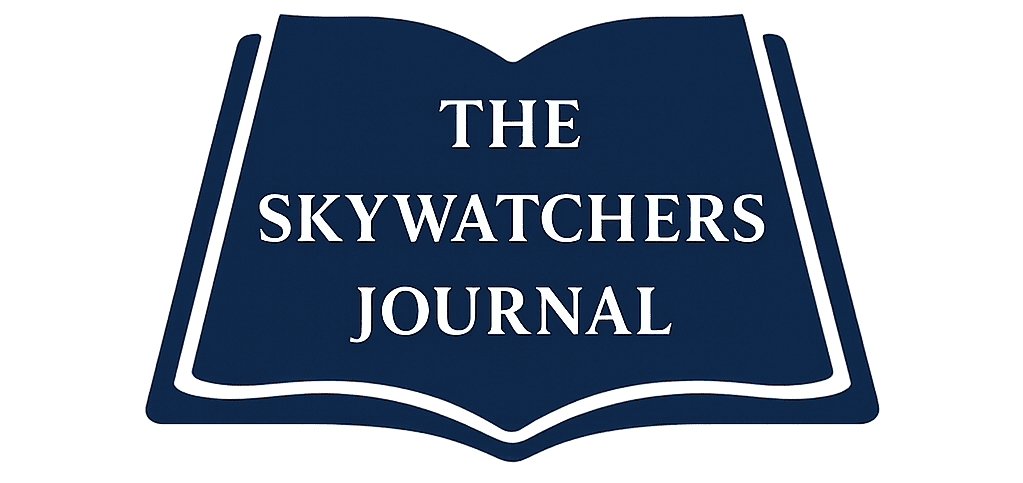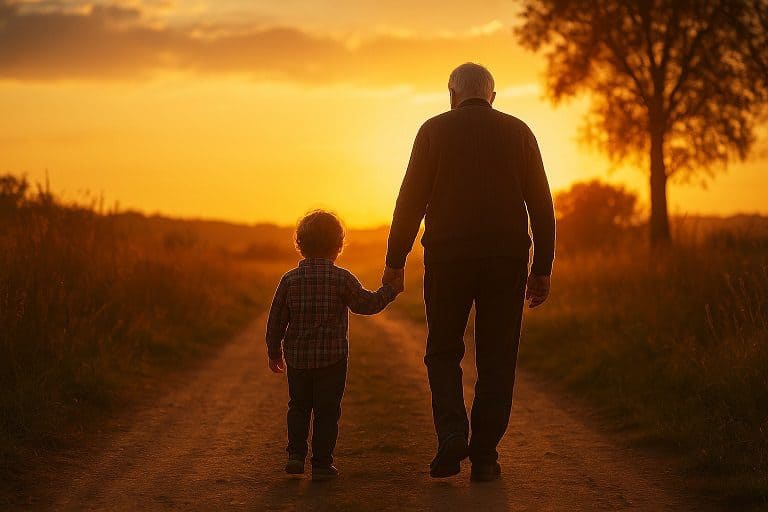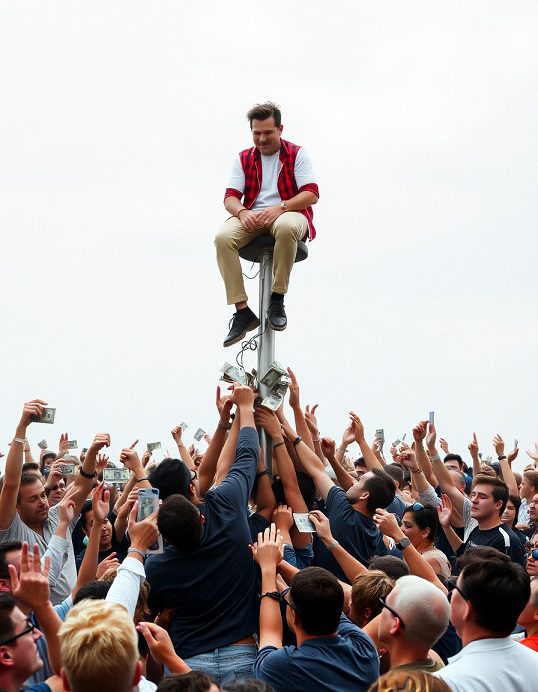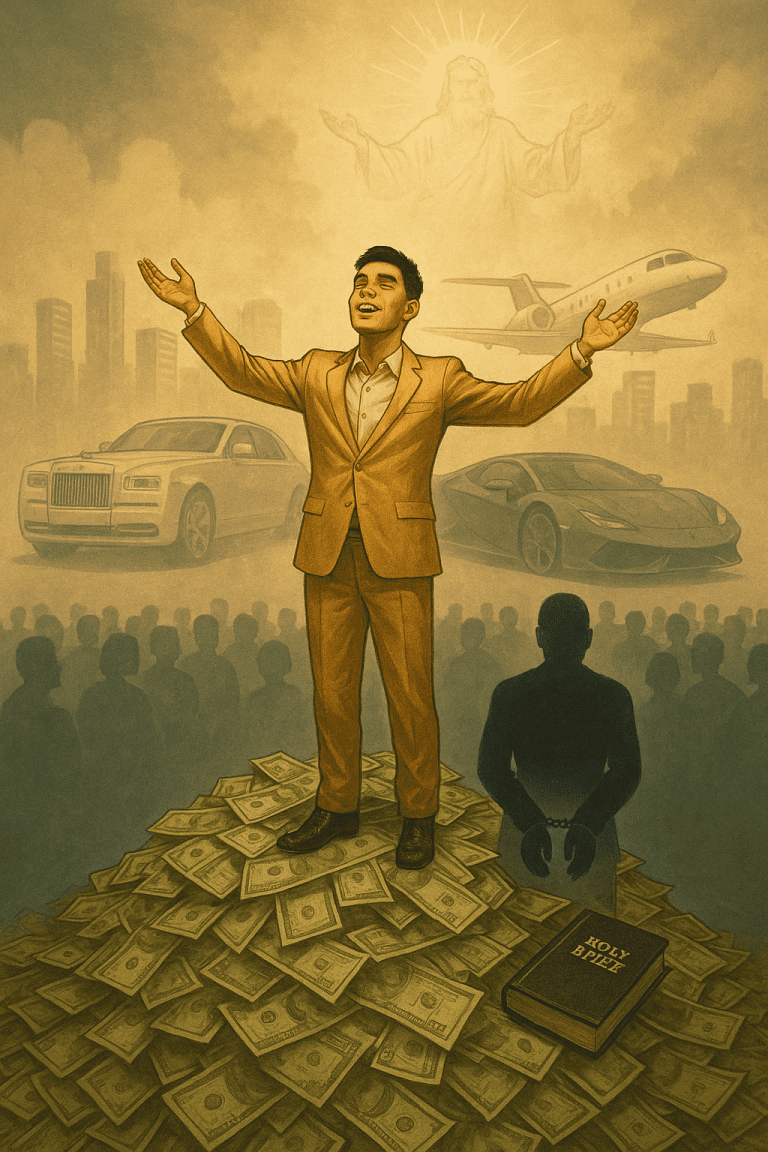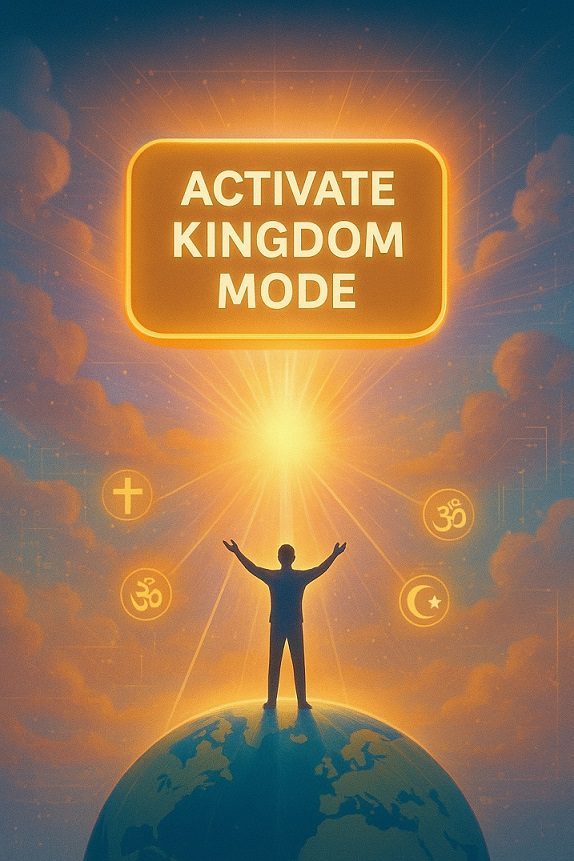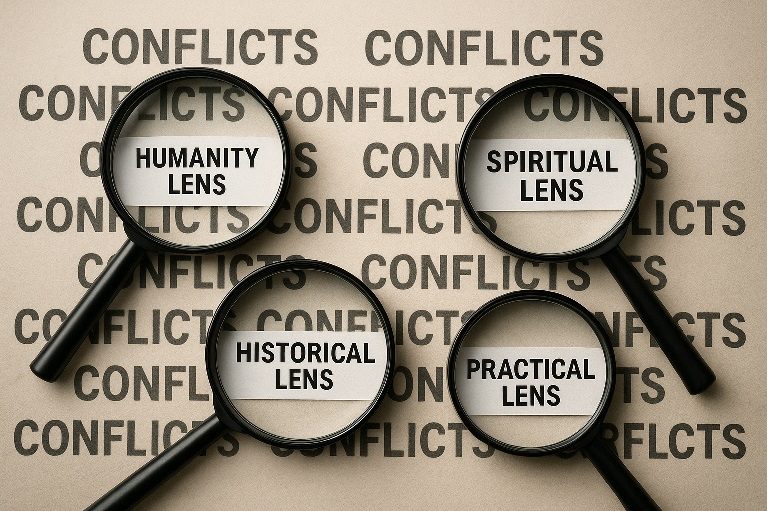The Death of Wisdom: Why Every Generation Now Starts from Zero
A turtle doesn’t need a manual to find the sea. The moment it hatches, it moves instinctively toward the waves—as if the ocean itself is calling it home. Its wisdom is embedded in its DNA, passed from generation to generation without a single lecture or sermon.

Humans, however, are not so lucky. We come into the world wide-eyed and clueless, dependent on those before us to teach us survival and meaning. That’s how wisdom used to travel: through stories, scars, and shared experience. Parents and elders were once the sacred bridge between ignorance and understanding.
But that bridge has collapsed. Today, parents outsource wisdom. We’ve handed the duty of shaping souls to schools, screens, and schedules. We confuse education with formation—thinking good grades can replace good guidance. We build bigger houses but live in smaller families. We send our children to boarding schools earlier, hand them smartphones sooner, and later wonder why they grow up informed but not wise.
The tragedy is not that our children don’t know—it’s that they must learn everything the hard way again, repeating the same mistakes we barely survived. It’s as if every generation is forced to start from scratch while the library of ancestral wisdom gathers dust.
We have breaking news every morning—yet we learn nothing that truly saves us. Accidents happen at the same blackspots year after year because knowledge fades when it’s not passed down intentionally. We’ve become a society of informants, not instructors—people who know everything but remember nothing.
Once, pain was a teacher. Now we treat it like an intruder. The prehistoric man who dropped meat into fire didn’t curse the accident—he learned from it and advanced humanity. Today, we burn our fingers and sue the stove. Every discomfort must be numbed, every sadness scrolled away. But without pain, wisdom has nowhere to root itself.
And nowhere is this more evident than in today’s generation—experimental, restless, and dangerously curious. What was once abnormal is now the new normal. Moderation is outdated; extremes are fashionable. People no longer just drink—they invent new ways to get drunk, like alcohol through the rear (but-chugging). Courtship has become a swipe, a chat, then hotel room, and a mystery name that will vanish before morning. Now is a race to gather a ‘good body’ count (sexual encounters) before you settle down.
Old boundaries have dissolved. Where we once learned values at home and restraint from community, we now learn habits from hashtags. The line between freedom and recklessness is fading fast, and confusion is being marketed as culture.
Even campus life, once a sanctuary of discovery and youthful optimism, now mirrors society’s decay. When I was in university back in the late ’90s, there was one major tragedy—a mistaken shooting by police who thought a student was a carjacker. It was unthinkable, shocking. Today, murders, suicides, and drug overdoses in universities barely make the evening news. The walls meant to protect learning are now echoing with pain, loneliness, and misplaced ambition.
I’ve often reflected on this through the loss of my parents. Their deaths were painful, but time revealed another truth: perhaps their early departure was divine mercy. I’ve watched friends struggle with aging parents, battling dementia and exhaustion. My uncle now lives alone, trapped in paranoia, his children weary and distant. And in that sorrow, I found peace. God’s timing, though painful, had spared us a deeper agony. Through grief, I found gratitude. Through loss, I found wisdom.
That’s the mysterious economy of the Divine Matrix: nothing is wasted. Every experience—joy or pain—carries sacred data meant to guide not just us but those after us. Yet we no longer upload our updates. We hoard them, or let them die with us.
Parents owe their children more than comfort—they owe them context. Pass on not just wealth, but wisdom: the kind you can’t buy or Google. A wise man learns from his mistakes. A wiser one learns from others’. But the wisest ensures his children don’t repeat either.
Maybe that’s the real inheritance—not land or money, but the spiritual DNA of understanding. What good is progress if we remain primitive in wisdom? What use is civilization if every generation must rediscover the same pain?
Perhaps true evolution is not in machines, but in memory—the human ability to pass down truth before it fades. For wisdom, much like the turtle’s instinct, was never meant to be reinvented. It was meant to be inherited.
Call to Action
Let’s stop outsourcing parenting. Especially in those fragile years when young adults are finding their place in the world, they don’t need another gadget, counselor, or campus event—they need presence. They need parents who guide, listen, and share real stories of failure and faith.
Because when wisdom dies in one generation, foolishness is reborn in the next.
